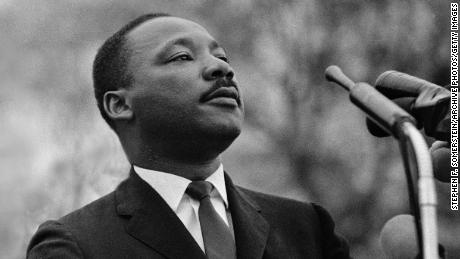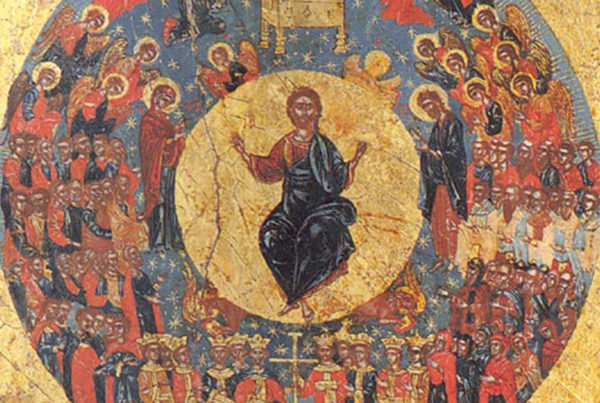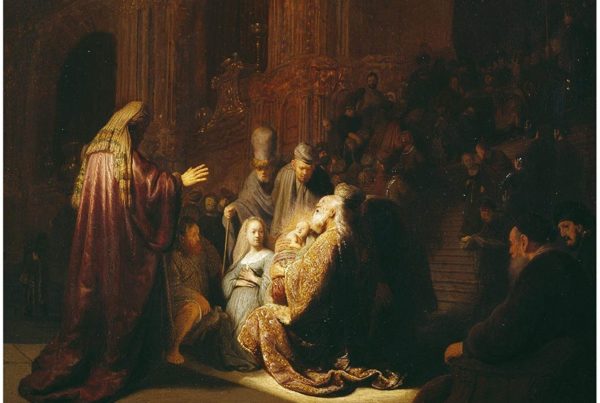Few things are more awe-inspiring than witnessing human beings in full possession of their craft. A classically trained pianist, fingers flying across the keys… a professional athlete, effortlessly combining strength, speed, power, and balance… a public speaker, drawing the audience into an idea, taking them to places mentally and emotionally they’ve never been.
What is most important, however, is what is NOT seen. The months and years spent training the fingers to do THIS and not THAT; the cold, dark mornings in the weight room or on the running track; the long nights spent reading and wrestling with new ideas, and then laboring – no, OBSESSING – over the particular turns of phrase that will help bring the idea to light. Before the lights go on, there is quiet, private suffering. A bleeding behind closed doors.
What fuels this willingness to suffer? Only a fool would argue that the reason the musician, the athlete, the speaker bleeds they way they do is because of disdain for life, a hatred for joy and pleasure, a love of suffering for suffering’s sake. The ascetic life at its best is never an end unto itself.
No – it is love that fuels the suffering and the sacrifice… it is desire. It is a life-affirming “yes”. A love for the craft, a joy in performing or bringing new ideas to bear on the world, a delight in those moments when the blood rushes through the veins a little faster, the heart beats a little harder. It is not a repudiation, but a “yes” to the body, a “yes” to its abilities and potential, a “yes” to the moment at hand, a “yes” to humanity. For the sake of giving voice to the deep “yes’s” of the heart, humans will endure all sorts of bodily discomforts.
It is an ascetics of love.
In like manner, at its best, the Christian ascetic tradition is about this. THIS is the reason why we rise for prayer before the sun comes up, why we do without food for days on end, why we read and memorize Scripture, why we train ourselves in the arts of silence, solitude, and meditation, why we practice love, kindness, patience, and hospitality.
It is not for hatred of the body that we do these things, or a weak-hearted dismissal of joy and pleasure, a love of suffering for suffering’s sake. No – it is love that fuels the suffering and the sacrifice… it is desire. It is a life-affirming “yes” to life in the body, a “yes” that grows out of the soil of a deep awareness that the body is not bad but good, a temple that the Creator God has seen fit to make a home in and fill with glory through the indwelling of the Holy Spirit, a vessel that shall be raised in glory. To know the body this way, in its glory and potential, is to find the energy to subject that selfsame body to all manner of self-chosen suffering… in order that the body itself may be raised to the heights for which the Creator intended it.
It is perhaps for this reason (aside from pure laziness–an affliction of saints from all generations), therefore, that modern Christians struggle with the ascetic tradition–for too long has our theology dismissed the body, denying the Incarnation in its practical consequences, and insisted that it is the disembodied “soul” or “spirit” that God cares for.
The fruit and the tree are one. A theology of hatred for the body and the wasteful way most Christians treat life in the body are part of a unified whole–with disastrous consequences.




Yes. We have adopted this idea that faith is a simple mental assent to an idea upon which there is some contractual obligation of heaven to let us in when we die. This either skips right over the rest of our life in this body or forces us to resort to a sort of pay-out of physical benefits based on the completeness of our mental assent. Faith is a skill that either grows or dies as life proceeds. Perfection of faith ultimately demands our entire body, imagination, will, and emotions. The amazing thing is that the perfection of faith is union with Christ. Instead of performing for a reward, the skill itself becomes its own reward. Thanks for these thoughts Andrew.
Who was the saint that said “The glory of God is man fully alive” ? This reminds me of that.
AH! Virtue is its own rewards… so good
Irenaeus was the saint. Love that quote.
I miss hanging out with you, still… all these years later. Give some love to your family from us.